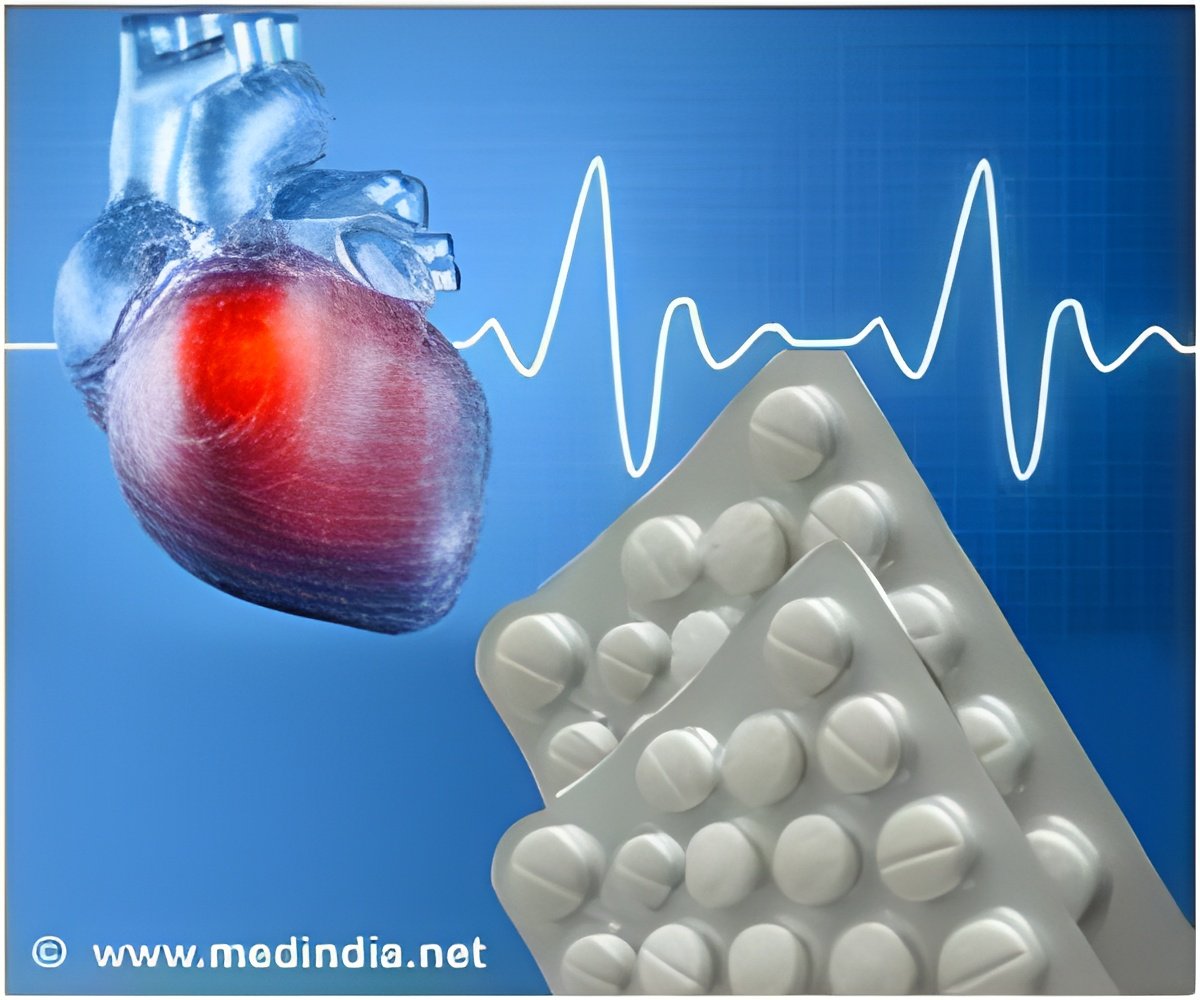
‘Giving daily doses of statins for a few days before and after heart surgery does not prevent the development of atrial fibrillation and instead only increases the risk of kidney damage.’
Tweet it Now
The trial, which is the largest of its kind, showed that short-term statin treatment did not benefit heart surgery patients and increased the risk of developing kidney damage. These results, published today in the New England Journal of Medicine (NEJM), rule out a clinical benefit of the rapid anti-inflammatory and antioxidant effect of statin therapy in heart surgery and are expected to change international guidelines on preventing AF and other in-hospital complications after heart surgery.However, the findings do not challenge the strong evidence that long-term treatment with statins reduces heart attack and stroke risk by lowering the levels of ‘bad’ LDL cholesterol in the blood.
Atrial fibrillation is an increasingly common heart rhythm disorder. Over 1.1 million people in the UK have been diagnosed with AF and hundreds of thousands more are estimated to be undiagnosed. AF can cause palpitations (being aware of your heart beat), tiredness, dizziness or feeling faint, and shortness of breath.
But the major concern with AF is that it increases the risk of a stroke by around four to five times. AF is a frequent complication of cardiac surgery. Current guidelines recommend a short course of statins to prevent the development of AF, but the evidence to support this practice is limited.
The Statin Therapy In Cardiac Surgery (STICS) trial, led by BHF Professor Barbara Casadei at the University of Oxford, involved randomly giving 1,922 people scheduled for heart surgery either a daily dose of a statin (rosuvastatin 20 mg daily) or a matching placebo tablet. These people had a normal heart rhythm, so did not have AF before surgery, and received their tablets for up to eight days before surgery and for five days afterwards.
Advertisement
The researchers confirmed that the concentration of C-reactive protein (an indication of inflammation) was lower in the patients taking the statin for a just a few days than in those taking the placebo. But the rates of AF after surgery were not significantly different between the two groups of patients (21.1 per cent with statin vs. 20.5 per cent with placebo). The levels of the protein troponin I in the blood, which indicates heart damage, were also not significantly different between the patients taking the statin and those taking the placebo.
Advertisement
BHF Professor Barbara Casadei, who led the research at the University of Oxford and is a consultant cardiologist at the John Radcliffe Hospital, said:
“Statins have been known to have rapid anti-inflammatory and antioxidant effects for many years. It was important to establish whether such effects would translate into patient benefit in conditions accompanied by a strong inflammatory response, such as heart surgery.”
“Although guidelines currently recommend statins at the time of heart surgery to reduce complications, the evidence was not very strong. The results of our large randomized placebo-controlled trial conclusively prove that there are no benefits to taking statins shortly before and after heart surgery to reduce postoperative complications but there is an adverse effect on kidney function.”
“As a doctor I want to do everything I can to ensure my patients get the best possible care and minimize any complications that can come from a heart operation. Unfortunately we now know that statins are not the right treatment to minimize AF and heart damage after surgery. We expect these results to rapidly change guidelines around the world to ensure patients receive the best evidence-based care.”
Source-Newswise















